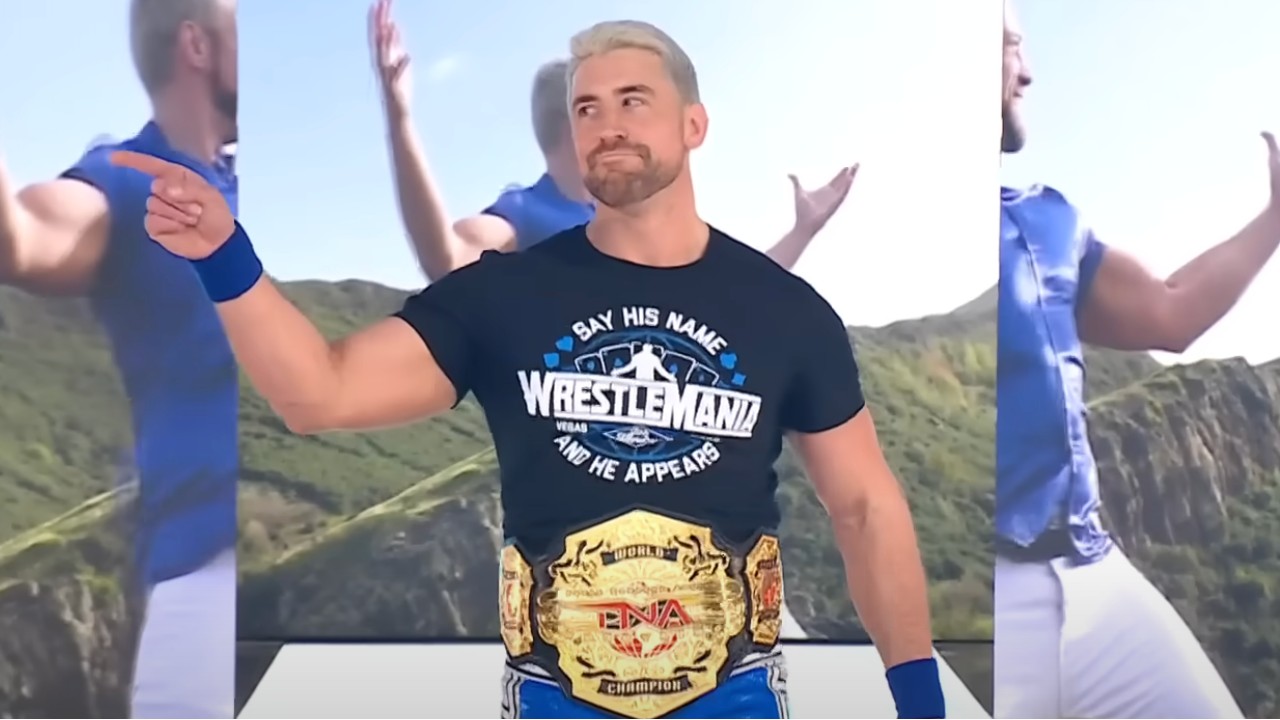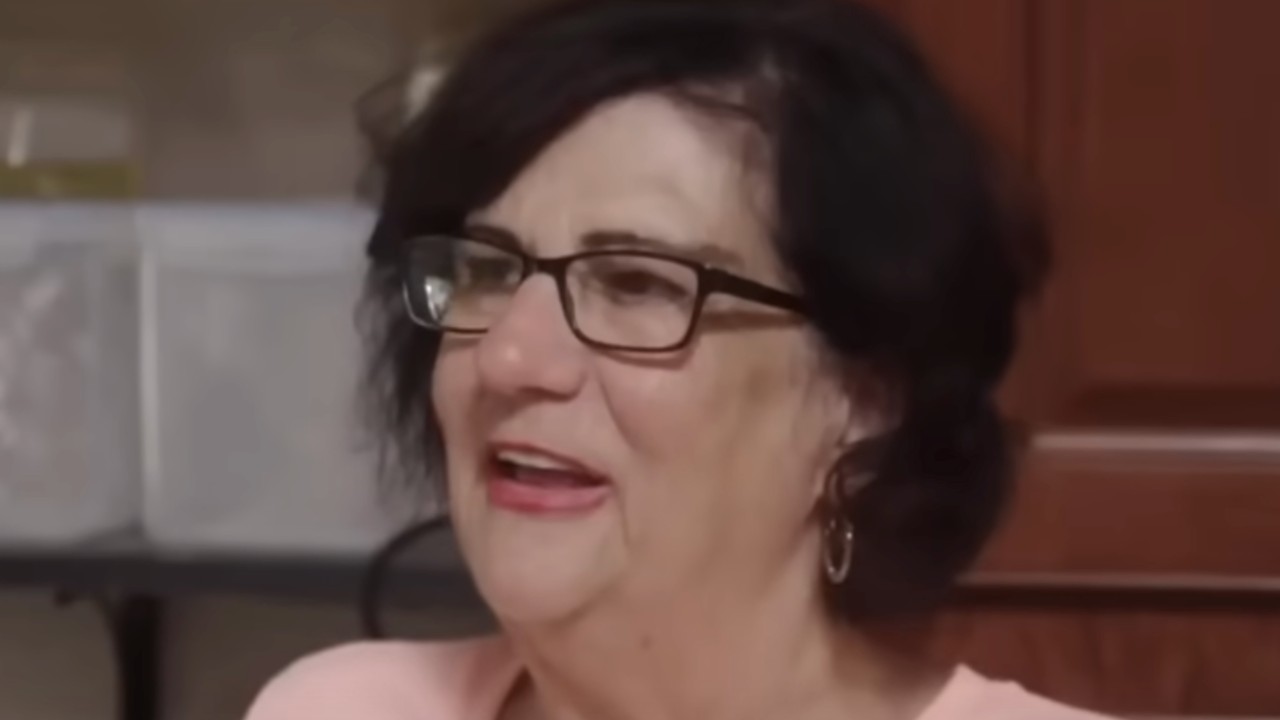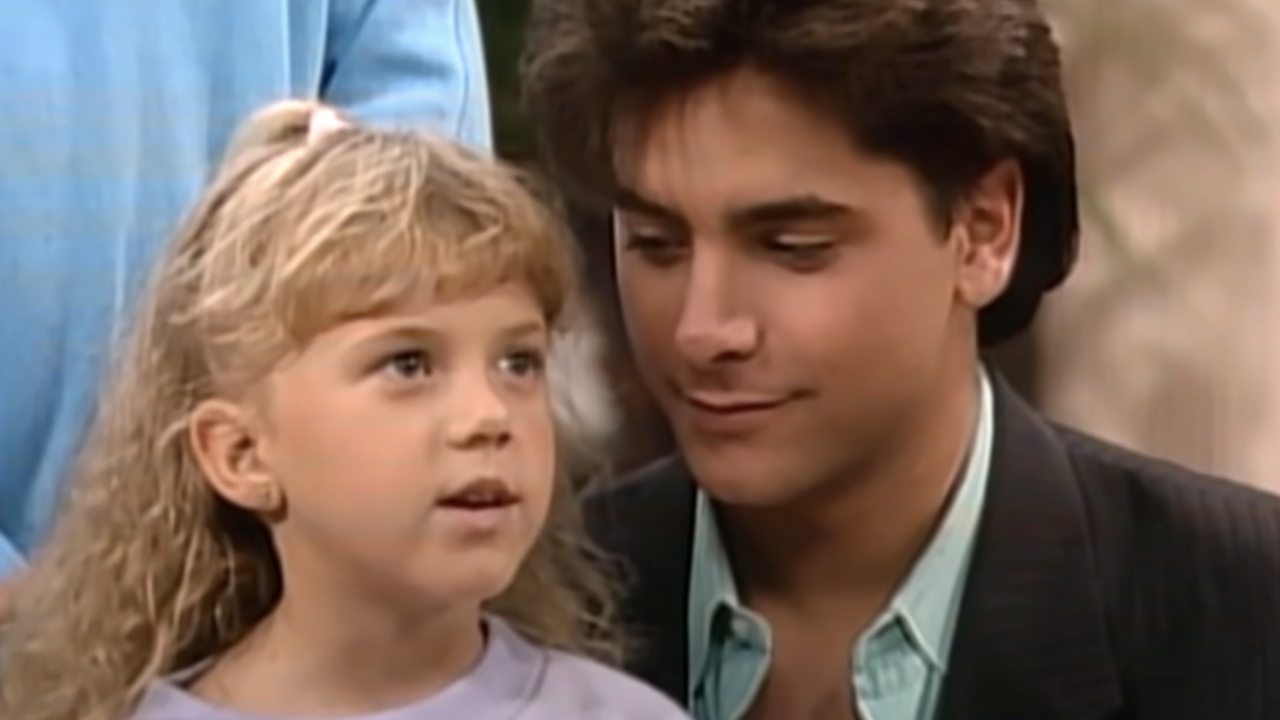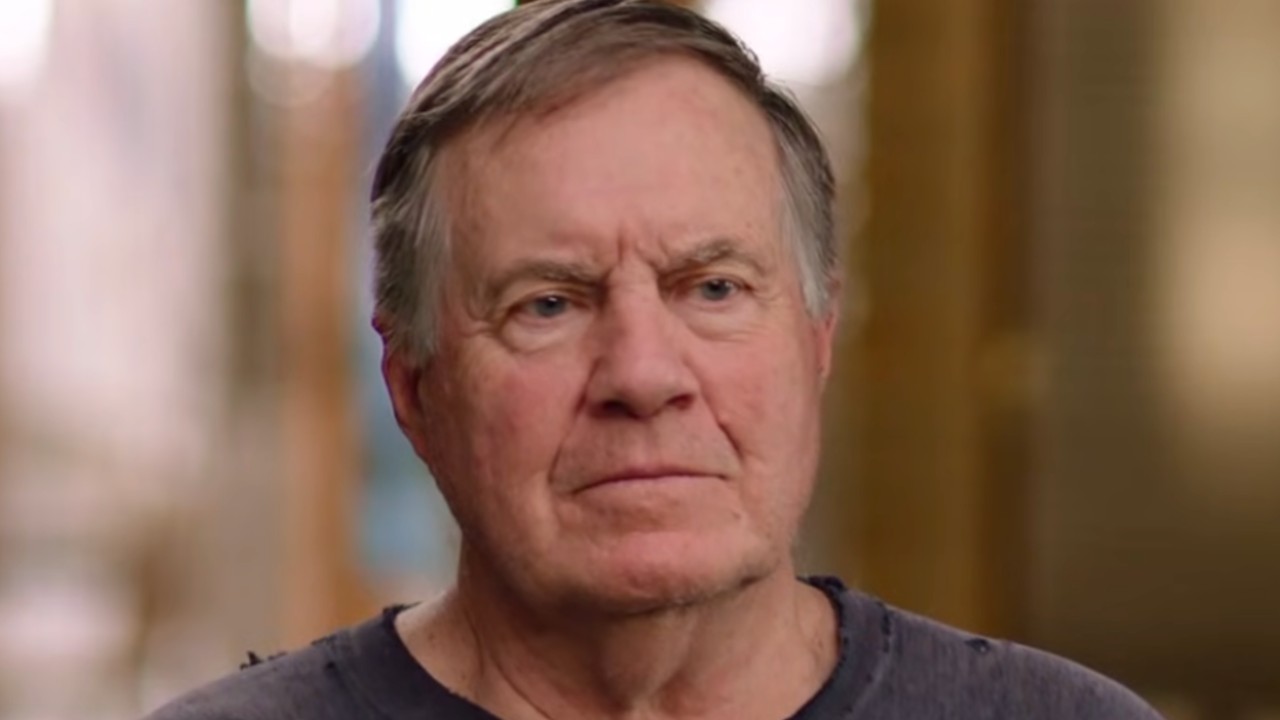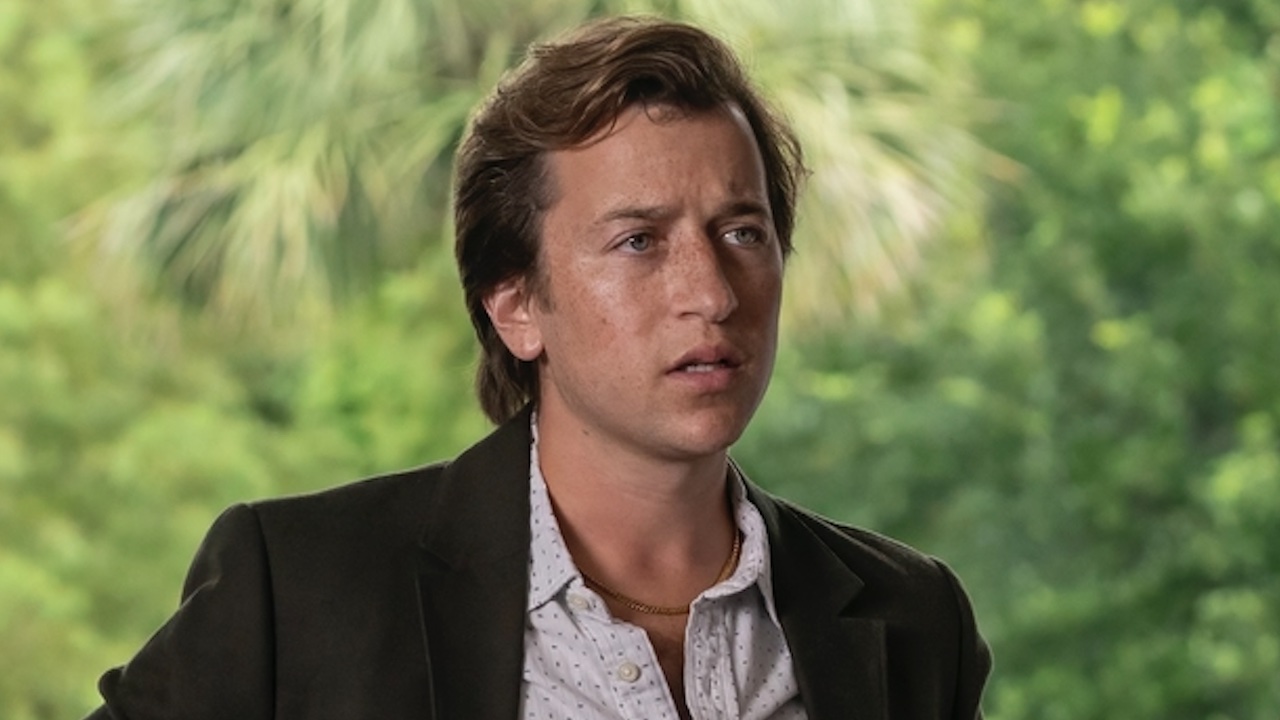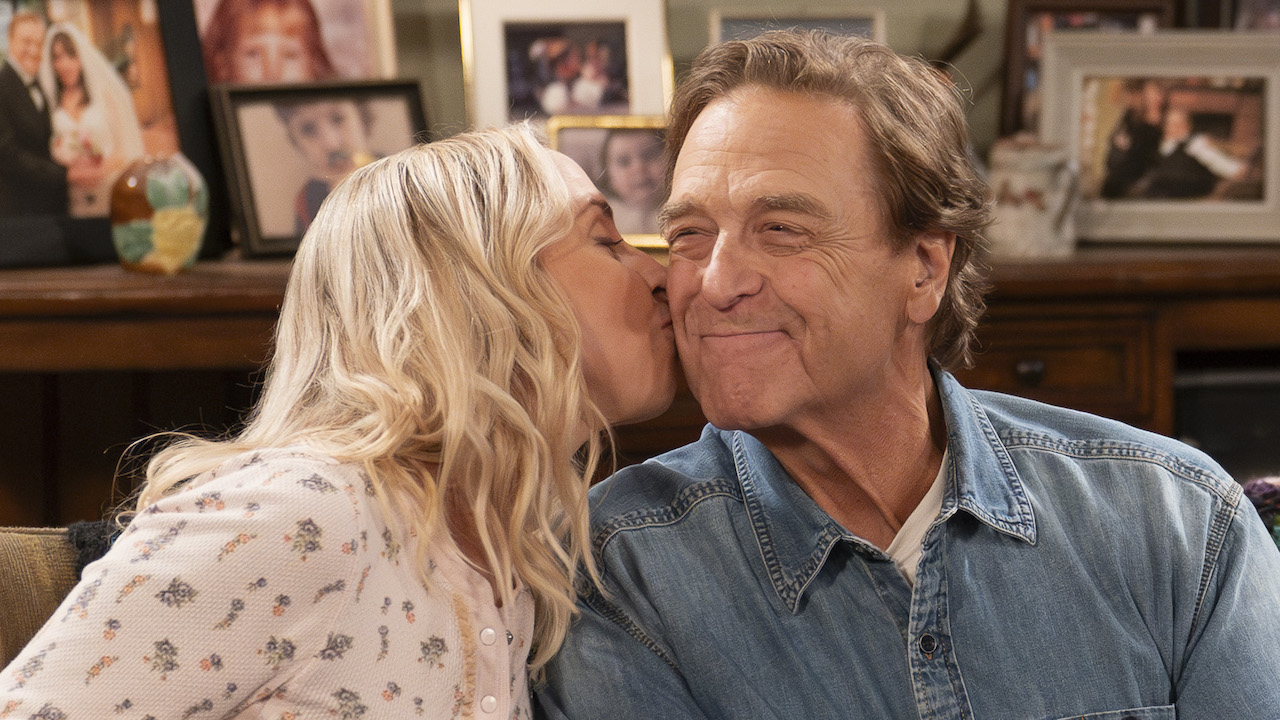Changing Things Up: 7 Movie Characters Who Altered The Status Quo

We have a love-hate relationship with rebels. We mock the hell out of them when they’re down. We blast them for trying to change the rules and going about things a different way, but the moment those same improvisers find real success, we herald them for their willingness to swim against the current. At their lowest, we see men too stupid to walk the company line. At their highest, we see men so brilliant they don’t have to walk the company line.
In 2002, Oakland A’s general manager Billy Beane got slashed with both sides of that sword, at first as a foolish numbers guy who stupidly played a catcher at his first base and later as a brilliant visionary who outthought far richer GMs to achieve using an unconventional system. In the end, he won nothing, but his willingness to implement advanced statistics changed baseball forever.
To celebrate the release of the wonderful Moneyball on Blu-Ray and DVD, Cinema Blend has put together a list of some of our favorite movie characters who changed the status quo. Some of them instituted lasting alterations, others simply shook up their high schools, companies, cities and teams briefly, but the impact of all was tangible and a whole lot of fun to watch.
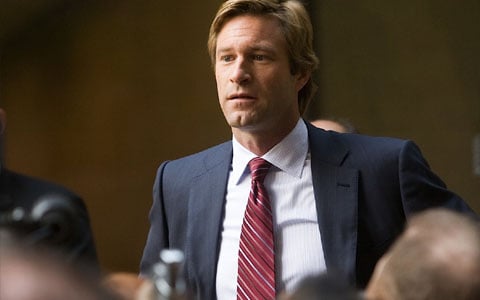
Harvey Dent in The Dark Knight
Prior to Harvey Dent’s emergence as district attorney, Gotham had dissolved into a cesspool run by criminals with little fear of consequences. Juries were bought, cops were placed on the payroll and ordinary citizens refused to testify. It’s through this felony-laden haze that the White Knight first emerges in the greatest superhero movie of all-time, and it’s back into the haze he goes to arrest the muck. Through assassination attempts and a steady dose of threats, Harvey Dent puts the screws to the seedy underworld, at least until a devastating tragedy scars his face and alters his morals, making him indistinguishable from the cesspool he once sought to transform.

The Hanson Brothers in Slap Shot
God-awful and getting worse by the shift, the Charlestown Chiefs are at the bottom of the Federal League when their general manager splurges for three brothers from the Iron League who the scouts say show a lot of promise. Thanks to their outlandish appearances and childish enthusiasm, coach Reg Dunlop at first refuses to play the Hansons, but after an injury forces his hand, they take the ice and teach their teammates a little something about aggression. Fisticuffs, broken glasses and groupie sex follow, which in minor league hockey, apparently has a direct correlation with winning. Get out the sledgehammer. It’s time to make the bus look mean.
CINEMABLEND NEWSLETTER
Your Daily Blend of Entertainment News
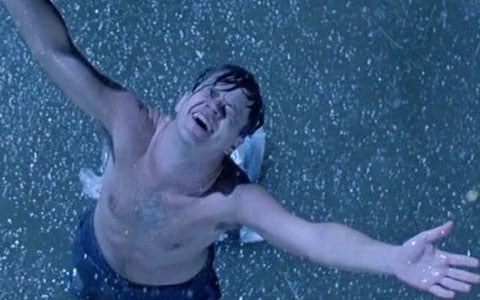
Andy Dufresne in The Shawshank Redemption
Prison isn’t meant to be a joyful place. Hard time is supposed to be exactly that, and few places in the world feel more suffocating than Shawshank Prison the day Andy Dufresne walks into it. Skinny and nervous, one of his fellow prisoners even bets he’ll be the first to crack. But on that cold night, he doesn’t let out a whimper. He takes his new station with poise, and shortly thereafter, asks for a rock hammer. Armed with those two essentials, the former banker sets about transforming Shawshank, adding a library, opera music, two beers for each of his coworkers, thousands of dollars in fraudulent funds and a pretty large hole in the wall. The latest is particularly fitting since the Warden’s head ends up with one too.
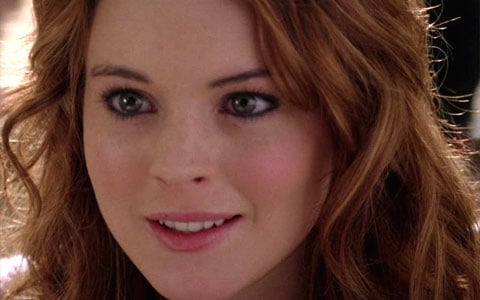
Cady Heron in Mean Girls
For as long as anyone can remember, Regina George has been the most popular girl at school. Flanked by a pair of beautiful women and followed by dozens of less attractive wannabees, she enforces her codes of conduct and doles out her punishments in the menacing Burn Book, but that carefully constructed hierarchy begins crumbling the day Cady Heron walks into North Shore High School. The homeschooled product of African missionaries, she borrows enough pink shirts and wears enough flip flops to claw her way to the top. What follows is a war of the sneakiest and cattiest order that leaves hundreds of girls feeling disenchanted, one principle threatening to keep everyone til four and a sad, lonely check from another school with too many feelings left out in the cold. For one year, the girls truly go wild and emerge from the rubble as nicer human beings, leaving a void for a new generation of mean girls to fill.
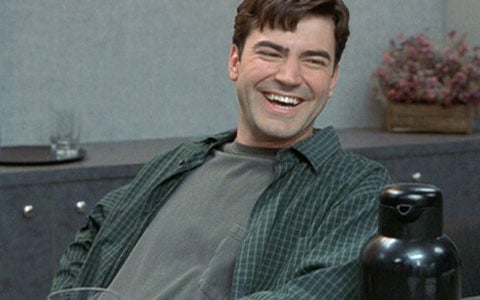
Peter Gibbons in Office Space
Peter Gibbons wasn’t always a rebel. At one point, he was a miserable Initech employee with a cheating girlfriend that took shit from everyone, but after undergoing hypnosis, he awakes as a man who suddenly sees the world more clearly. He takes down the walls in his cubicle, asks out the waitress he’s always liked and starts doing and saying whatever he feels like doing and saying. This new shoot from the hip demeanor leads to a promotion but also to a get rich embezzlement scheme stolen from another movie. His flagrant individualism may not have a long-term effect on most of his coworkers, but something tells me his life change is still a conclusion they all secretly wish they could jump to.
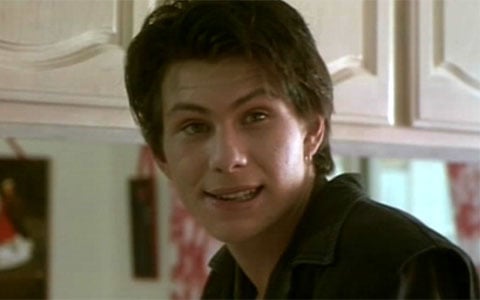
Jason Dean in Heathers
There’s always been something evil and soulless about the Heathers. Veronica doesn’t need Jason Dean to tell her that, but she does need his lack of morals to turn that outrage into murder, or suicide as everyone else mistakenly sees it. In theory, those flagrantly poor autopsies should be a blessing in disguise and an excuse to continue their murder spree, but Jason Dean doesn’t end up changing the current status quo as much as he inadvertently changes how everyone else views the victims. In death, the nefarious popular kids are suddenly reimagined as tortured martyrs trapped by their own superficial likability. Rather than ripping away their exteriors to expose the vile beneath, their friends and family members mistakenly add non-existent layers to humanize Westerburg High’s monsters.
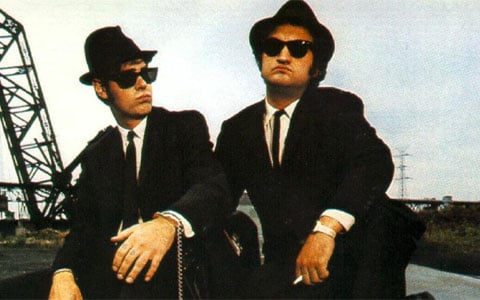
The Blues Brothers in The Blues Brothers
When we first meet Joliet Jake Blues, he’s in the process of being released from jail. It only makes sense he’d end the film in the same place, but during that brief window of freedom, he and his brother Elwood save an orphanage, convince all their friends to quit their jobs, destroy a mall, become fugitives and wreck half the police cars in Cook County. No one’s life is ever the same. In fact, I’m pretty sure the city of Chicago has never recovered from their reign of terror, but missions from God tend to have that effect. The Big Man Upstairs doesn’t send messages quietly, and his messengers rarely speak at a reasonable volume.

Mack Rawden is the Editor-In-Chief of CinemaBlend. He first started working at the publication as a writer back in 2007 and has held various jobs at the site in the time since including Managing Editor, Pop Culture Editor and Staff Writer. He now splits his time between working on CinemaBlend’s user experience, helping to plan the site’s editorial direction and writing passionate articles about niche entertainment topics he’s into. He graduated from Indiana University with a degree in English (go Hoosiers!) and has been interviewed and quoted in a variety of publications including Digiday. Enthusiastic about Clue, case-of-the-week mysteries, a great wrestling promo and cookies at Disney World. Less enthusiastic about the pricing structure of cable, loud noises and Tuesdays.

